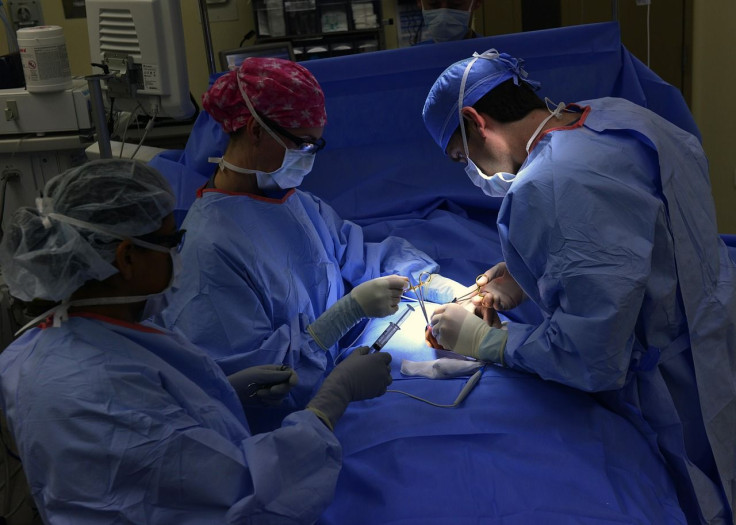Medical Breakthrough: Hearts Kept Alive For 24 Hours Outside Body Could Save Thousands

KEY POINTS
- Keeping organs alive outside the body has been very difficult
- Today, it's no longer an impossibility, thanks to a life preserver developed by one company
- It is able to keep a heart alive outside the body, which could help save thousands of lives
At present, doctors need to transplant hearts within four hours after it was donated because, beyond that time, heart tissues start to die. The breakthrough new system, however, increases the time six-fold of such donor hearts remaining viable. Compact enough to be put inside a carry-on suitcase, this will allow doctors to transport live hearts across oceans to provide the best likely match.
A Life Preserver
The device, called ULiSSES by its makers, came into being after over 30 years of research by experts at the biotech company Vascular Perfusion Solutions and the University of Texas. To replicate the conditions of the body, the heart is sealed in a small cylinder and fed with oxygen-rich fluid, the temperature of which is maintained at 4C. The perfusion liquid is highly available in many hospitals. It consists of saltwater and other compounds like potassium, sodium, and glucose.
According to Dr. Rafael Veraza, a senior researcher from UT Health San Antonio, more than fifty years ago, the first heart was transported in a container filled with ice. After several decades, there seems to be no improvement in how it is being transported.
Because of such a method, it is common for the donor's hearts to completely die before reaching the recipient. All the while, people lie dying, still waiting for a transplant.
The Game Has Changed
Traditionally, donor organs like hearts are conveyed in ice chests with just about the right temperature to slow its deterioration. This method, however, is seen as ineffective because nearly 75% of organs donated after brain stem death is rejected for transplantation.
Because of this, researchers furiously studied on how to improve the old method. After more than three decades, researchers and scientists finally unveiled ULiSSES, a machine they call a game-changer because of its likelihood to save thousands of lives.
Dr. Veraza said with a machine that keeps the heart alive for 24 hours, doctors can now transport it to anyone living in almost any part of the globe. He also said that ULiSSES could overcome the major obstacle that puts a limitation on where the organ may be used.
The device and its accompanying research were presented in Seattle during the American Association for the Advancement of Science conference. They also subjected it to trials where ULiSSES kept five pig hearts healthy and alive for an entire day.
© Copyright IBTimes 2025. All rights reserved.





















